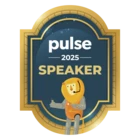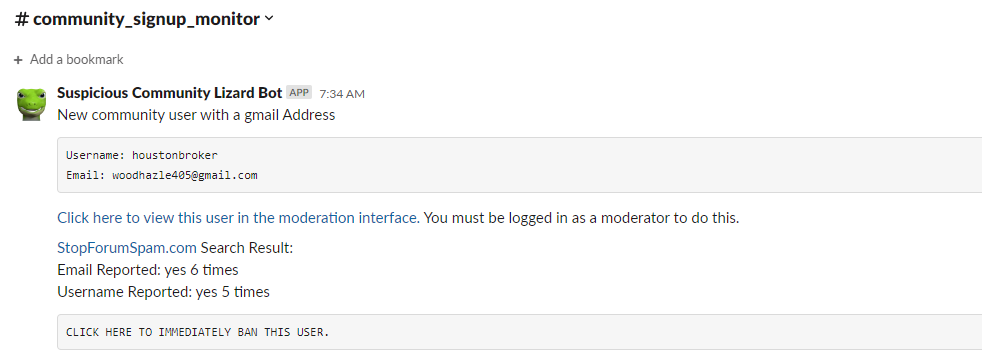Dear Gamechanger Community,
It has come to our attention that there has been a recent uptick in 'Parasite SEO' activities.
Google's algorithm update on May 5th has introduced a manual penalty for reputation abuse, targeting sites that permit such activities.
While our community has been diligent in removing these posts (fortunately, most of the spam is being picked up by the built-in spam prevention feature), the residual visibility in search results poses a risk to our site's reputation and could potentially attract penalties. We have also blacklisted email domains of the spamming accounts; however, quite often, they manage to create the spamming post before the Zapier integration bans the account.
I would like to ask what steps you are taking in your communities to prevent such incidents?
Thank you, Grzegorz

